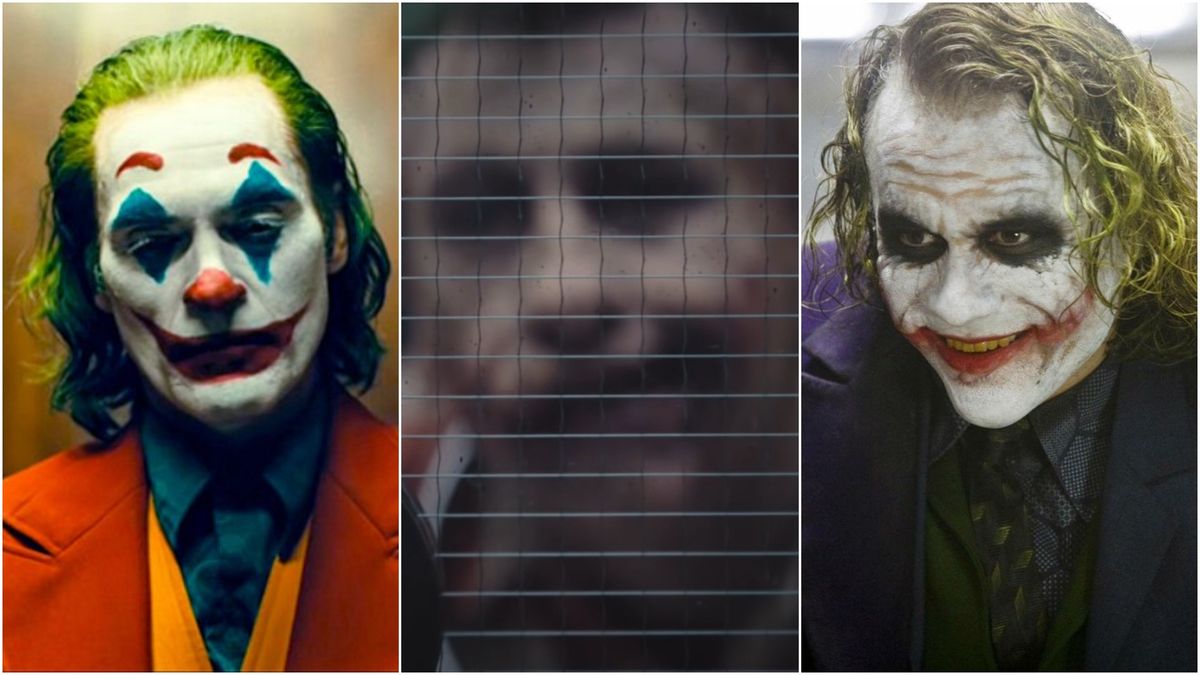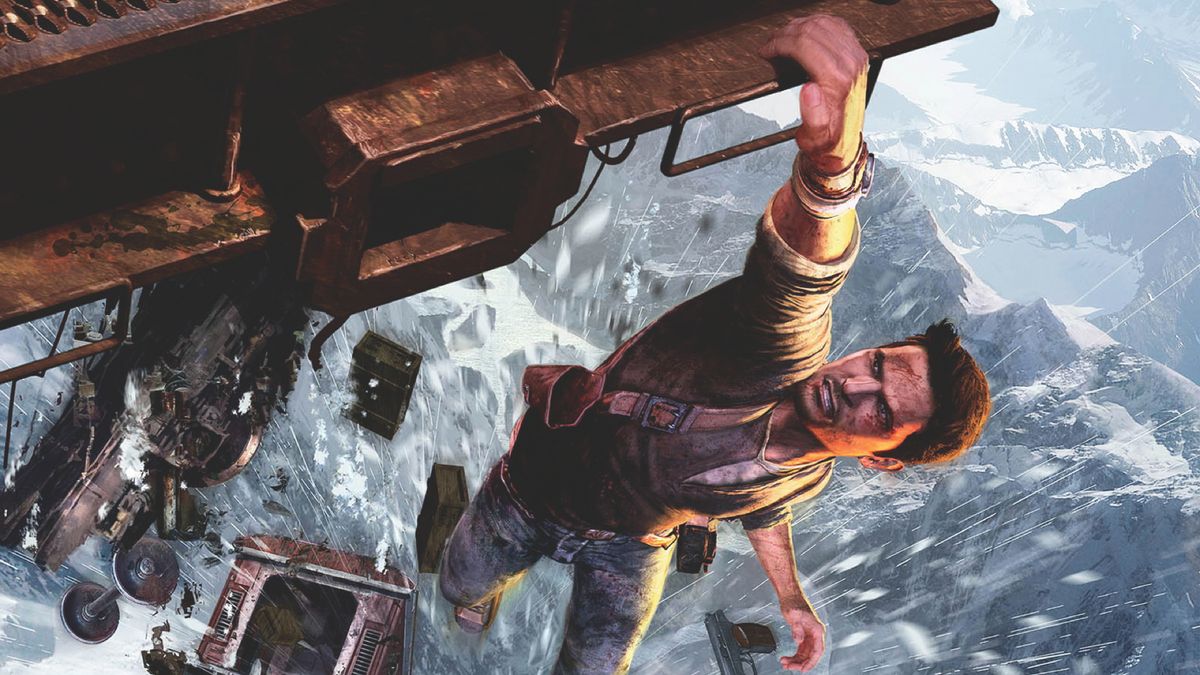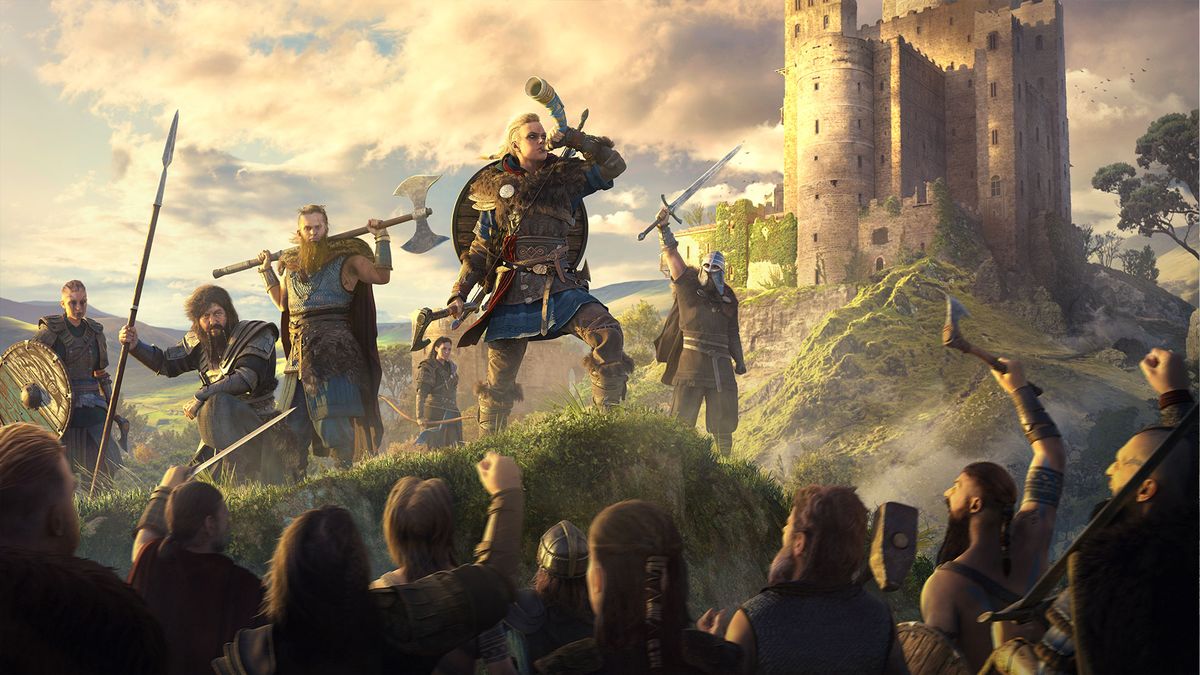Harvey (1950)

Why It’s The Best: It might not sound much on paper – middle aged man believes in giant rabbit best friend – but Jimmy Stewart turns in such a sweetly gentle performance, it ends up far more than the sum of its parts. For a family film, it also brushes up against some fairly dark themes (alcoholism and mental collapse to name a couple), a balancing act director Henry Koster deserves props for pulling off.
Defining Moment: When the helpful cabbie expresses the fear that Elwood will become, “just a normal human being… and you know what stinkers they are.”
Ace In The Hole (1951)

Why It’s The Best: Billy Wilder examines society’s lust for tabloid tittle-tattle with this irresistible fable of celebrity culture. Kirk Douglas is hauntingly effective as the amoral hack who exploits the plight of a trapped worker to further his career. Initially perceived as overly cynical by audiences, it was famously ripped-off by The Simpsons, a good barometer of quality if ever there was one.
Defining Moment: When Douglas strolls into the offices of the small-town Albuquerque newspaper, only to be confronted by a twee, hand-stitched motto urging him to “tell the truth.”
Rififi (1955)

Why It’s The Best: This seminal heist caper has influenced everything from Ocean’s 11 to the Mission: Impossible films, but few have been able to better its breezy sense of va-va-voom. And as famous as the robbery sequence is, the creeping sense of dread that slowly permeates our merry gang is every bit as effective.
Defining Moment: It has to be the protracted and wordless heist scene. Criminality has rarely appeared so alluring.
Rio Bravo (1959)

Why It’s The Best: Rio Bravo benefits from a classic time constraint device that ramps up the tension to nigh-on-unbearable levels. In this case, John Wayne and co. aren’t twiddling their thumbs waiting for the villains to arrive as they’ve already got one locked in the brig. No, this time they’re waiting for reinforcements and they’re taking their sweet time to arrive. Lightening the tension is a surprisingly funny script, which sees the Duke crack more than a few smiles. Whatever next?
Defining Moment: The jailhouse sing-song sums up Howard Hawks’ perfect use of levity to balance out the action.
Strangers On A Train (1951)

Why It’s The Best: Far-fetched it might be, but Hitchcock’s polished thriller is immense fun. Adapted from Patricia Highsmith’s novel, the film boasts an irresistible premise concerning a pair of strangers who agree to swap murders, only for one to get cold feet. And whilst a number of questions are left resolutely unanswered (why is Farley Granger’s character so unwilling to go to the police once things begin to escalate?), audiences are usually too giddy to care!
Defining Moment: The stylised opening sequence in which the camera follows two pairs of feet to their eventful meeting aboard the titular locomotive.
Rebel Without A Cause (1955)

Why It’s The Best: The film that made a screen icon out of young star James Dean simultaneously turned the idea of the “teen movie” on its head. In Jim Stark, a new adolescent archetype was born, one that would give the finger to authority and infuse the traditional misery of growing up with an intoxicating sense of romance. Poignant, downbeat and impossibly cool, it’s a high watermark in teenage cinema.
Defining Moment: The notorious “chicken game” serves up a fairly shocking end for one of the film’s less likeable characters…
Ben-Hur (1959)

Why It’s The Best: Ben-Hur was one of the first pictures to embrace filmmaking on the grandest scale, boasting 365 speaking parts, the era’s most expensive action sequence and an unprecedented $15 million budget! Fortunately, there was substance to complement the excess, and the content of William Wyler’s swords and sandals flick is every bit as epic as the production behind it. As Chuck Heston sets about picking a fight with just about everyone in ancient Rome, you can’t help cheering him on!
Defining Moment: The testosterone-soaked chariot race is a slice of pure adrenaline.
All About Eve (1950)

Why It’s The Best: Anne Baxter and Bette Davis set about tearing strips off each other in this deliciously bitchy indictment of the Broadway machine. Director Joseph L. Mankiewicz clearly takes great pleasure in demythologising the pursuit of fame, whilst the script is sharp as a tack. As for the leads, well they really are in a class of their own. Miaow!
Defining Moment: When Eve makes a pass at Margo’s boyfriend, taking the rivalry between the pair up to the next level.
The Bridge On The River Kwai (1957)

Why It’s The Best: Whilst seeming at first look to be a conventional “triumph of the human spirit” flag-beater, David Lean’s acclaimed war film is actually a character study of one man’s descent into obsession. Alec Guinnes rightly scooped the Oscar for his turn as the resilient Colonel Nicholson and he paints the character with enough shades of grey to leave the viewer questioning just how much of his motivation can be put down to bravery, and how much is a product of failing mental health! Either way, it makes for compelling viewing.
Defining Moment: The moment at which Nicholson realises the bridge is doomed demonstrates just how damaged an individual this war has left him.
The Big Country (1958)

Why It’s The Best: Gregory Peck goes nose to nose with Charlton Heston, playing a wealthy retiree who’s completely at odds with Chuck’s simple ranch worker. It’s the sort of personality clash you’ve seen a million times elsewhere, but in director William Wyler’s capable hands it grows to epic proportions. Burl Ives leads a sterling supporting cast, helping himself to an Oscar in the process.
Defining Moment: The thoroughly gratifying fist fight that brings Peck and Heston’s feud to a fitting close.
Current page:
Page 1
 Game News Video Games Reviews & News
Game News Video Games Reviews & News



